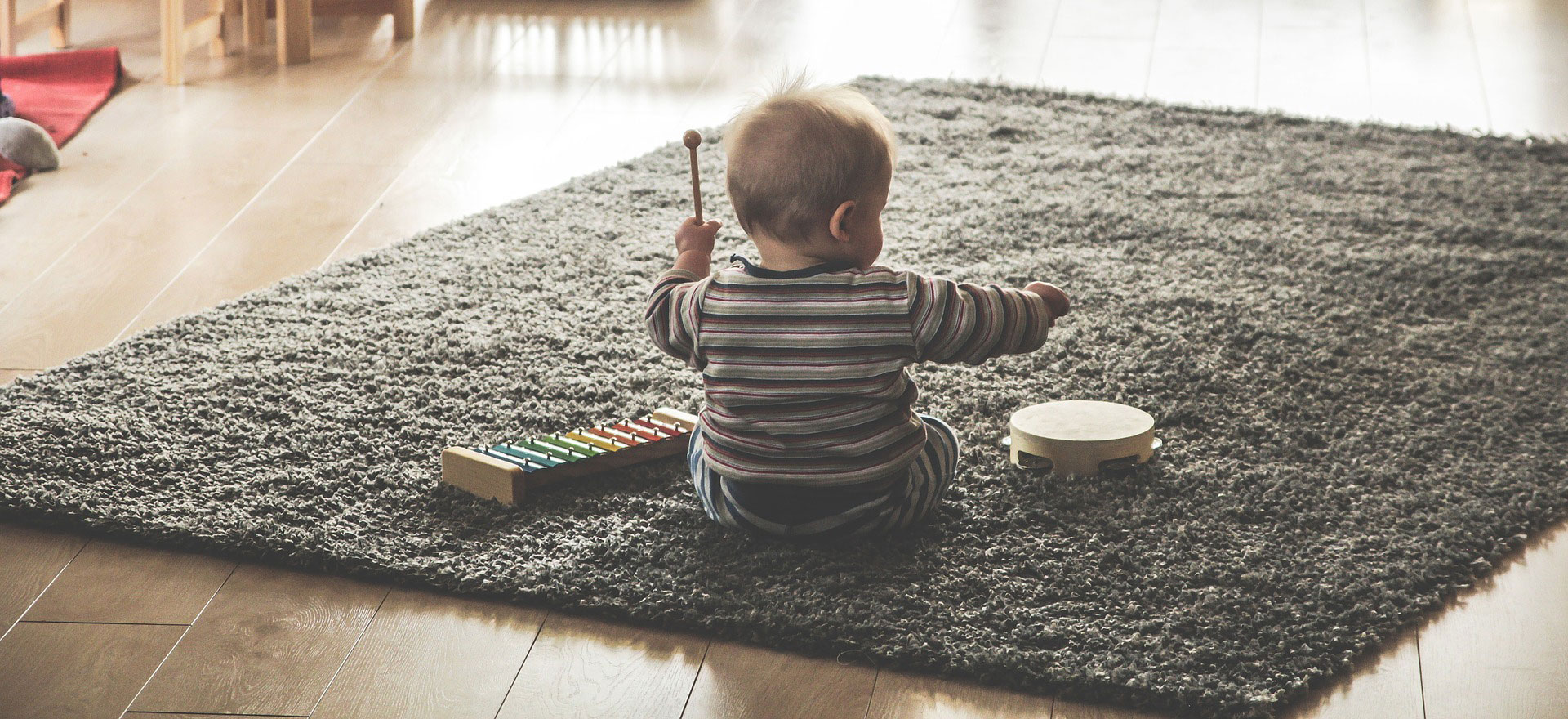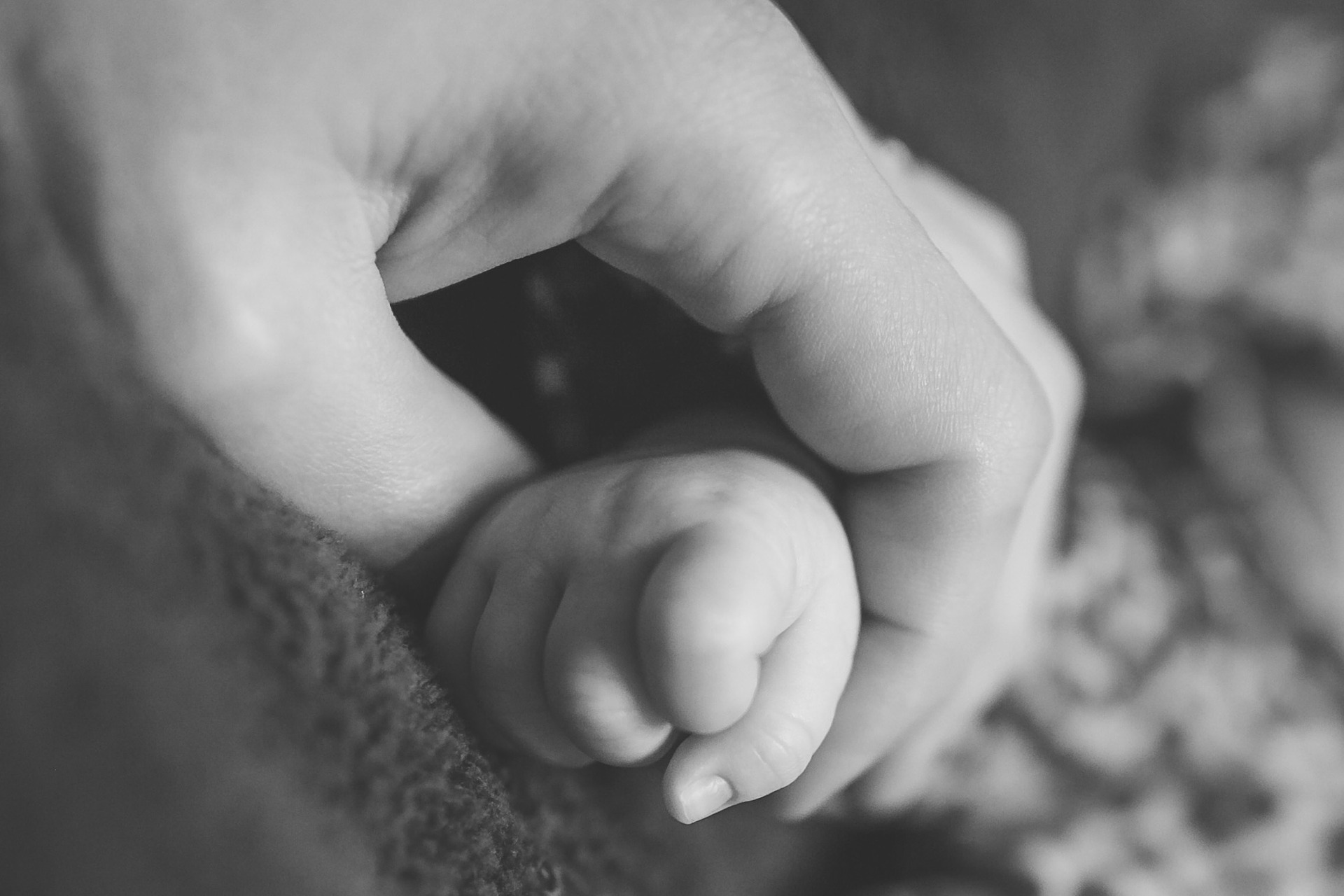I first began to fully appreciate the developmental and healing qualities of Music, when I was asked to assist as a Researcher for an Author several years ago.
Not only did I have to trawl through books, articles, websites, myspace, itunes, libraries and many cd collections [including my own]; I also conducted the research on myself for several weeks and discussed with several friends and relatives… This was a lot of fun…
I should add that the research revealed that the benefits of Music training is much more effective when accompanied with training in effective coaching skills [which includes Healing] – whether for self, your children or both.
Below is a summary of the research about the benefits of Music:
1) Our memory improves when we are positive… which music along with a carbon-friendly, ethical and healthy lifestyle enables.
2) Music helps to retrain the injured or depressive brain by evoking mood andemotion.
3) Active learning and training of music [rather than passive stimulation and facilitation] helps with rewiring the injured brain and recover as much ability as possible. Clinical research has strongly confirmed this approach.
4)Music helps to build relationships, promote wellbeing, express feelings and interact socially.
5) The brain areas involved in music are active in processing language, auditory perception, attention, memory, executive control and motor control. Music accesses and activates the systems and can drive complex patterns of interaction
among them…
6) Auditory and motor areas in the brain grow larger and interact more efficiently, when there is music learning.
7) Music can enable re-education of cognitive, motor, speech and language functions via shared brain systems and plasticity.
8) Learning word lists in a song activates temporal and frontal brain areas on both sides of the brain, while spoken-word learning activates only areas in the left hemisphere.
9) In the early 1990s researchers began to extract and study shared mechanisms between musical and non-musical functions in motor control. One of the most important shared mechanisms is rhythm and timing… Rhythm and timing are also important elements in music. Rhythm is important in learning the appropriatemotor control in order to play music. Musical rhythms when used as timing signals help to improve a person’s motor control during non-musical movement. When tried with patients with stroke or Parkinson’s disease their improvements in certain areas were instantaneous and stunning. By following the rhythmic cues patients recovering from strokes were able to walk faster and with better control over the affected side of their bodies. These improvements held up over long term training and alsoproved to be superior in comparison to when other standard physical therapy interventions were used without music.
The results added weight to the idea that music can shape movements in therapy by accessing shared elements of musical and non-musical motor control [rhythm,timing] and thus powerfully enhance relearning and retraining in a clinical environment.
In a recent study that utilised brain imaging in patients with stroke, armtraining with auditory rhythm triggered brain plasticity, as predicted.
Additional areas in the brain were activated by the music training. In comparison, when used without music, standard physical therapy did not result in any evidence of new changes in brain activations.
By Flora Finch (Coach, Musician, Researcher and Writer)
Bibliography: http://www.dana.org/news/cerebrum/detail.aspx?id=26122 – by
Michael Thaut, Ph. D and Gerald McIntosh, M.D.
Coach, Musician, Researcher and Writer – Flora Finch BA, is a three times
award-winner, a qualified Coach and Musician – and Writer of Children’s stories,
the published ebook ‘Verse Eden’ [with photos approved by The Royal Botanical
Gardens, Kew by Skyy Finch Vaughan] and the mini-guide, Be Connected, Stay
Connected – praised by the Chairman of Governors at The London Business School.




